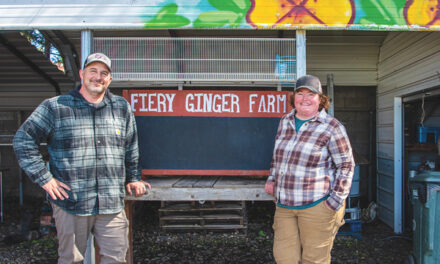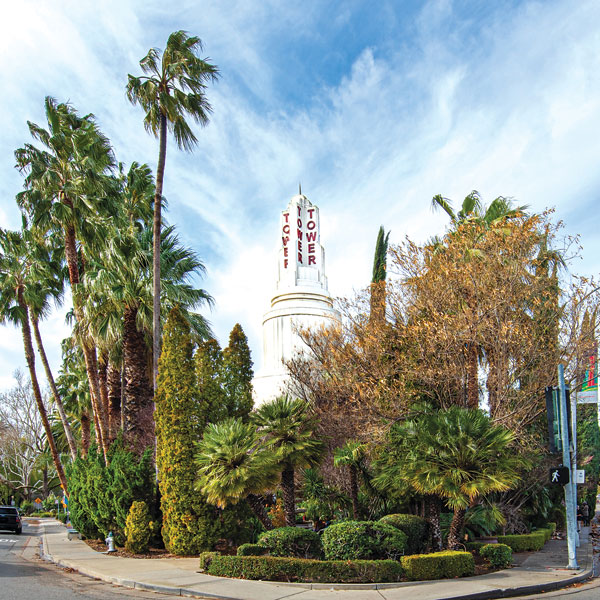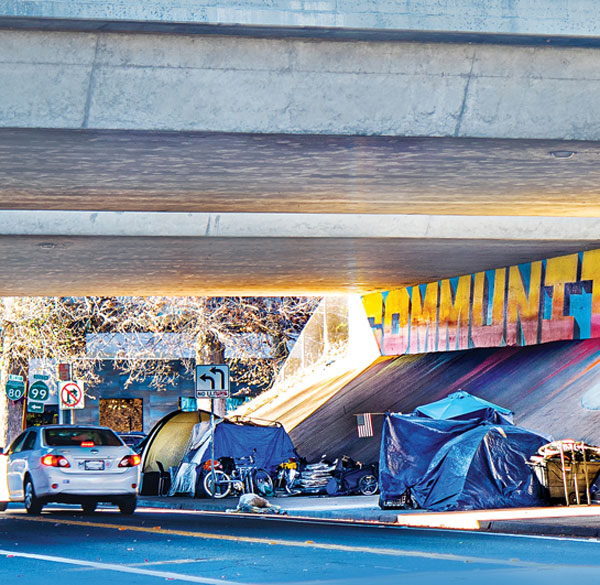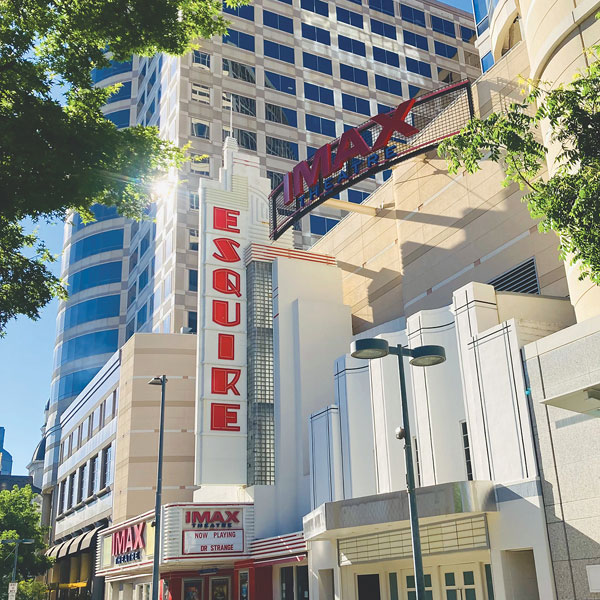
Mar 28, 2023
A dozen years ago, when I worked for the mayor’s office, we needed a slogan to describe the leadership goals of Kevin Johnson. We came up with “Think Big,” two words distilled by Chris Lehane, a political consultant who advised our little group. Chris was always good for snappy taglines.
At first I didn’t like “Think Big.” The slogan was simplistic, childish. But as the mayor’s office worked to fulfill Kevin’s ambitions for a new arena Downtown, I realized Chris was right. To get anything done, we had to think big.
Times were rough. Recession shut hundreds of local businesses. State workers were furloughed. The city budget was in shambles. Cops laid off, fire stations closed, parks neglected. Our NBA team was headed for Seattle.

Dec 28, 2022
I don’t want to shock anyone, but the new year brings the chance that City Hall will stumble into a way to control and even reduce homelessness. This revelation follows the embrace of a tool other cities have deployed for years.
It’s called a Homeless Management Information System, or HMIS. The idea is obvious: coordinate services, outcomes and data involving homeless people. That’s about it.
There’s nothing new about coordinating housing and mental health services for people who live on the streets or in shelters. Integrated management systems have been around for years. Semi-annual homeless counts are one example of coordination.

Nov 28, 2022
Holiday season makes me think about my friend Randy Paragary. Randy, who died from pancreatic cancer in August 2021, loved the holidays. He decked out his restaurants in classy Christmas motifs and smiled as reservations filled up with parties.
Sometimes holiday celebrations took over every seat, with one exception. Randy always saved a table for our weekly lunch. That lunch is what I miss most.
Our lunch was more than two friends getting together for drinks and food. It was an event that grew into something like a local institution.

Oct 28, 2022
City voters have an important job this month. They can save the municipal budget. Or they can trash it.
Two ballot initiatives floated by special interests are poised to burn holes in Sacramento’s finances. The City Council disarmed one, a disjointed homeless plan called Measure O.
As for the second scam, voters must save the day. Welcome to Measure L, a cash gusher for youth programs.
Let’s start with the youth program money heist, laughably named the “Children and Youth Health and Safety Act.”

Sep 28, 2022
It sounds virtuous. Take 40 percent of the cash Sacramento collects on cannabis sales taxes and give the money to youth programs. Activities for kids would receive about $10 million a year.
But that’s not how Measure L on the city’s November ballot really works. Millions of tax dollars won’t go straight to support young people.
The cash will be laundered through a middleman: the youth services industry.
Yes, greedy adults stand at the heart of the comically titled “Children and Youth Health and Safety Act.” The proposal establishes a permanent transfer of city money to a special interest group.
It’s a cash geyser for the youth services industry.











